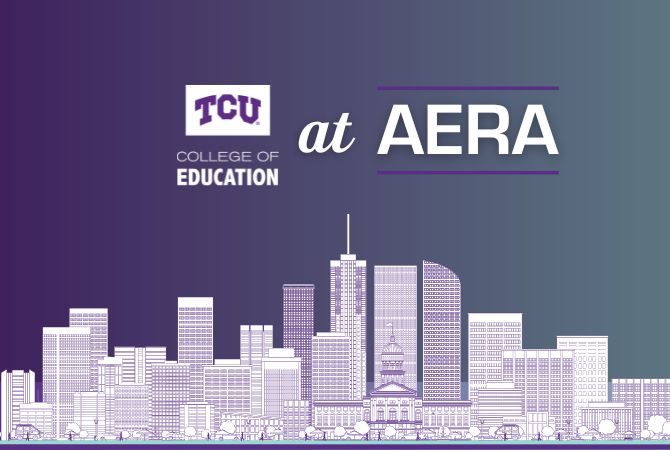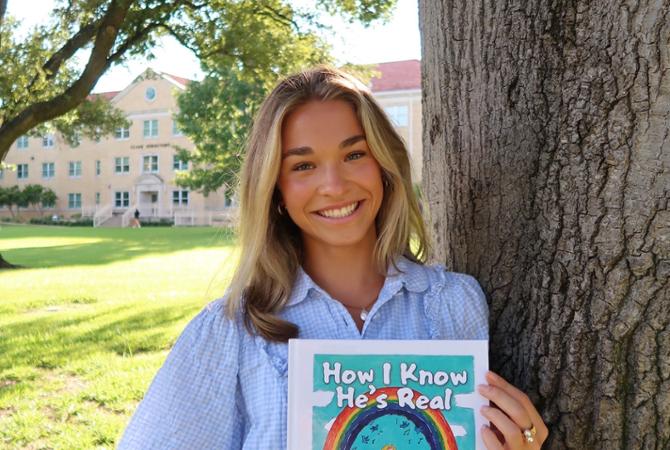Leslie Ekpe, a doctoral candidate in higher educational leadership and Holmes Scholar, was named a fellow at the University Council for Educational Administration (UCEA) Center for Leadership and Social Justice. Ekpe was motivated to apply after learning that the fellowship’s foundation was social justice, something that aligns with her current research work.
“My dissertation focuses on barriers to access for Black high school students, so I’m looking at the SAT as it’s part of admissions standards and how historically it’s been a test to keep individuals like myself out,” Ekpe shared.
The UCEA fellowship focuses on exploring supportive recruitment and access strategies for undocumented students in regards to test-optional policies, which had a lot of crossover with Ekpe’s dissertation. After being accepted into the program, Ekpe was excited not just about the research, but the potential impact of this work.
 “I always bite off more than I can chew, and I feel that I’ve been given some really
great opportunities to grow as a researcher, scholar, academic and teacher, and this
also translates to someone’s life,” Ekpe said. “I was really excited to put theory
to practice. Throughout our thematic analysis we were able to find a lot of characteristics
that all institutions can implement to improve access for all students.”
“I always bite off more than I can chew, and I feel that I’ve been given some really
great opportunities to grow as a researcher, scholar, academic and teacher, and this
also translates to someone’s life,” Ekpe said. “I was really excited to put theory
to practice. Throughout our thematic analysis we were able to find a lot of characteristics
that all institutions can implement to improve access for all students.”
Ekpe was one of three fellows selected and worked primarily with Lilianna Castrellón of Duquesne University. Her project piggybacked off of some research Castrellón had already started.
“In the wake of COVID-19, bachelor degree-granting institutions rapidly implemented test-optional policies. My overall focus was to identify institutions that were looking at test-optional, explore the implications around those policies, and how institutional practices have changed to support, recruit and even enroll undocumented students,” she said.
Ekpe’s research revealed that COVID-19 had a major influence over universities going test-optional in order to maintain a steady supply of applications. She examined specific states with higher numbers of undocumented students and looked into what school districts and communities are doing to assist those trying to take their education to the next level. Ekpe also explained that more data on how test-optional applications perform will be released in coming years after the influx of universities implementing these policies.
The work done in the fellowship is personal for Ekpe. She feels strongly that standardized testing and education reform need to go hand-in-hand, as the impact of testing is significant on the ability of minority students to perform well inside and outside of the classroom.
“There’s a lot of work that needs to be done, but it was helpful to see where the gaps are and what we can do in order to give undocumented families pursuing postsecondary education the resources that they need to succeed,” said Ekpe.
Leslie Ekpe plans to finish her dissertation and graduate in May 2023. She’s eager to explore postdoctoral opportunities as well as tenure track professor positions.
“It’s been a great journey and I look forward to continuing to do the work that I’m doing wherever the wind blows me.”

